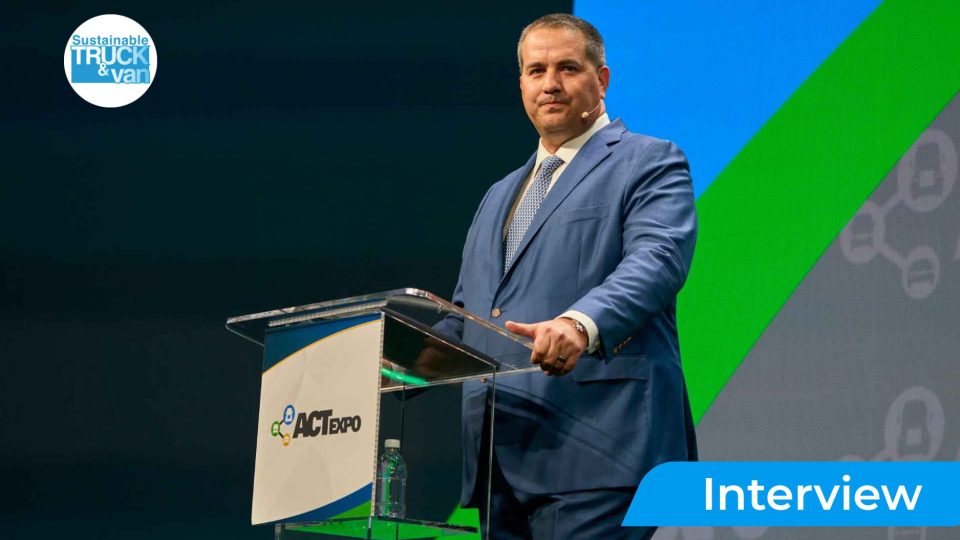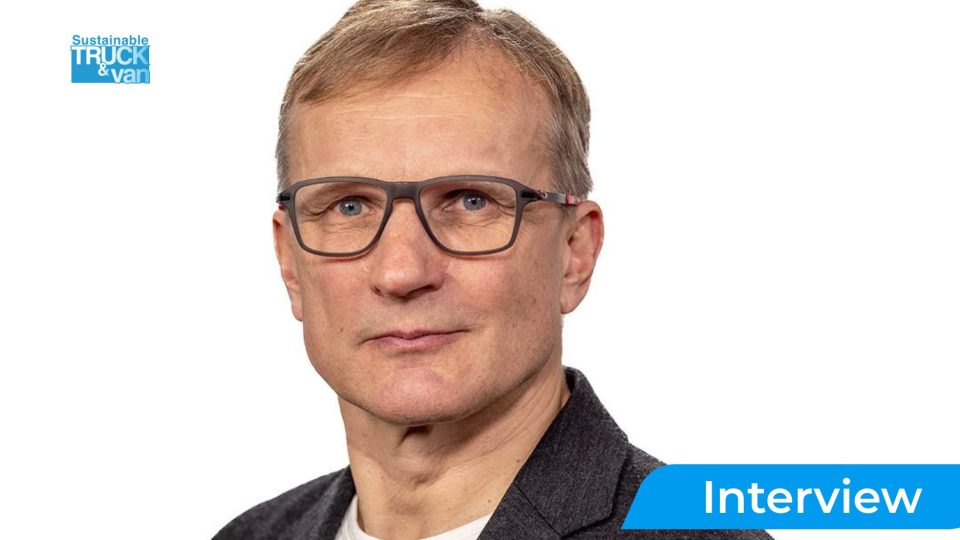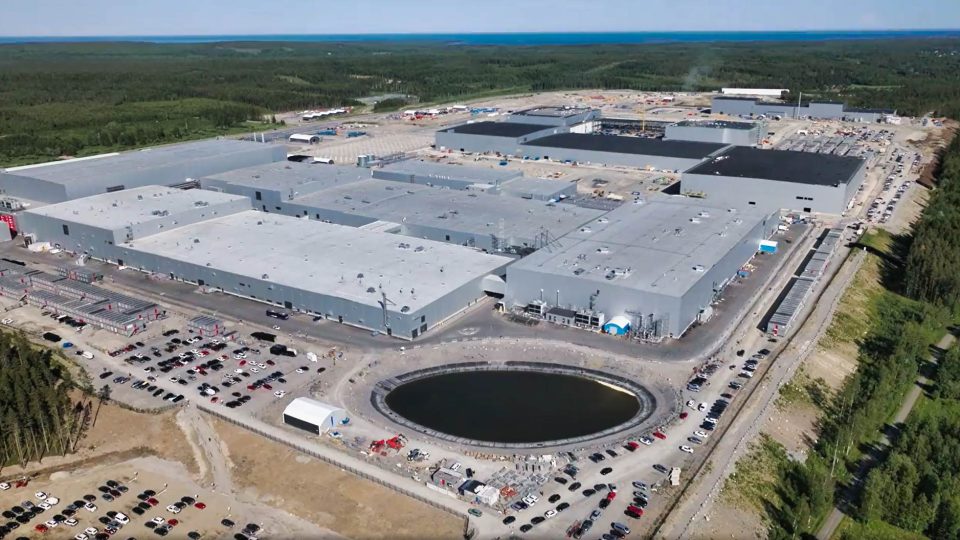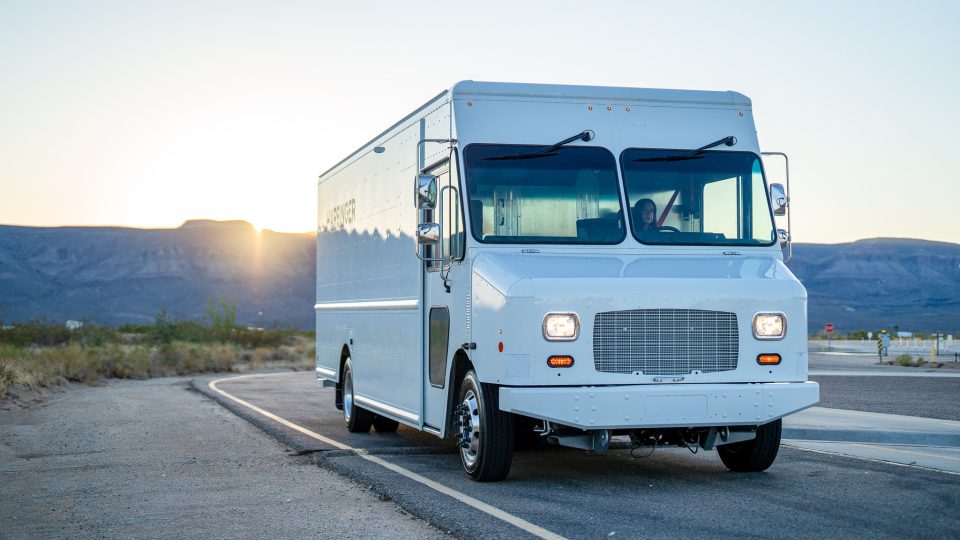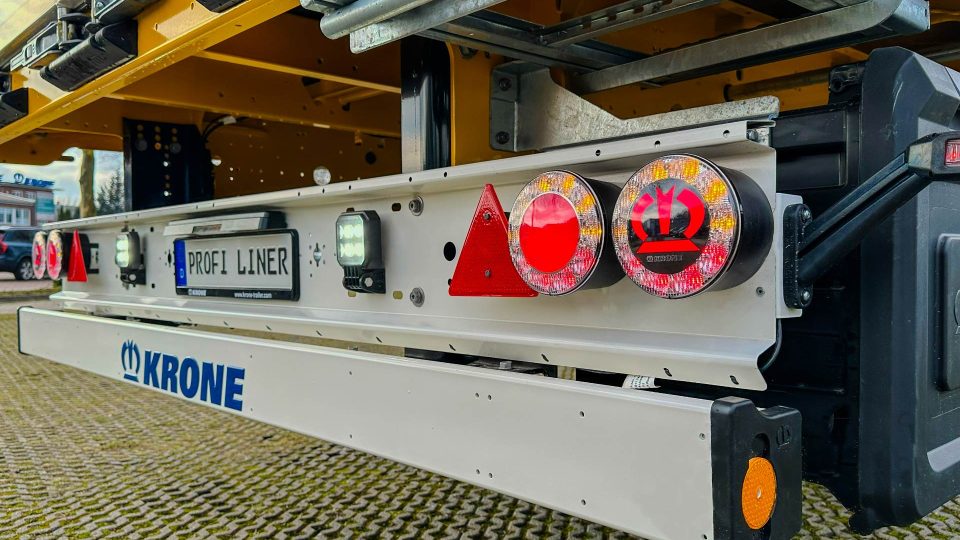Former cellcentric Executive Christian Mohrdieck to become the new Hyzon Motors CTO
Effective January 1, 2024, Mohrdieck will assume responsibility for Hyzon’s fuel cell technology development and commercialization. Mohrdieck will also serve as interim Managing Director for Hyzon Motors Europe.

Former cellcentric/Daimler Executive Christian Mohrdieck has been appointed Chief Technology Officer (CTO) at Hyzon Motors, a high-power hydrogen fuel cell technology developer. Mohrdieck will cover the planned retirement of current CTO Shinichi Hirano.
Effective January 1, 2024, Mohrdieck will assume responsibility for Hyzon’s fuel cell technology development and commercialization, specifically focusing on the Start of Production (SOP) milestone for the company’s single stack 200kW Fuel Cell System, scaling up the Bolingbrook, Illinois, fuel cell manufacturing facility. Mohrdieck will also serve as interim Managing Director for Hyzon Motors Europe.
Who’s the new Hyzon Motors CTO
Mohrdieck was serving as Chief Commercial Officer (CCO) of cellcentric GmbH & Co. KG, a joint venture between Daimler Truck AG and the Volvo Group AB. Prior to his role at cellcentric, Mohrdieck was Chief Executive Officer (CEO) of Mercedes-Benz Fuel Cell GmbH since 2015.
“Christian is a globally respected leader in the fuel cell industry, and we are excited to welcome him as CTO at this exciting moment in Hyzon’s fuel cell technology development,” said Hyzon’s CEO Parker Meeks. “Christian’s combination of deep fuel cell technology development and commercialization know-how and experience will both accelerate our leading, U.S.-made 200kW fuel cell system and further bolster our strong team in extending Hyzon’s technology leadership in R&D and core IP generation for future product development.”



